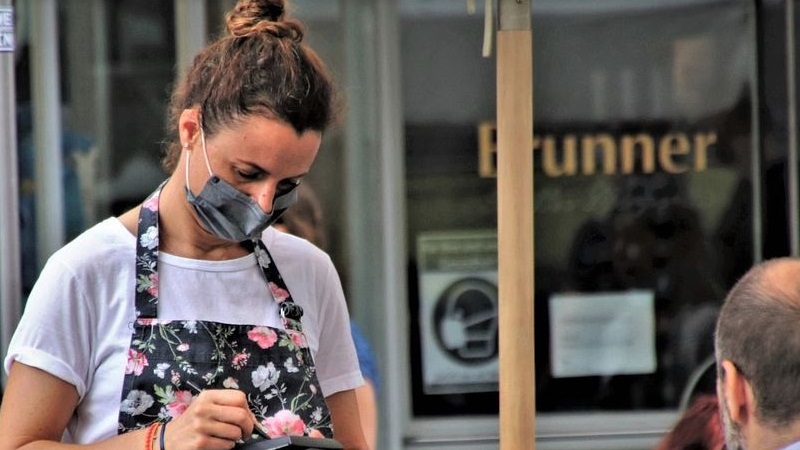Outdoor dining is nearly impossible during Michigan's harsh winters. | Pixabay
Outdoor dining is nearly impossible during Michigan's harsh winters. | Pixabay
Sue Wangler, owner of Wangler's Wagon Wheel in West Branch, presented her testimony recently before the Michigan House Oversight Committee about how COVID-19 restrictions have negatively affected her restaurant, according to Bridge Michigan.
Sue's husband won his fight against cancer two years ago, prompting the couple to buy their restaurant by cashing out their retirement funds. When the pandemic hit, the American-themed restaurant initially had to shut its doors for seven weeks.
When the Wanglers were able to reopen their restaurant, they decided to operate three days a week doing takeout only. Once licensing fees and insurance bills arrived, Wangler said they took out a loan and reopened the restaurant at half capacity. The state then ordered restaurants to ban indoor dining again between Nov. 18 and Feb. 1.
The couple thought about filing for bankruptcy but instead decided to spend $18,000 on four outdoor steel huts that include "ozone machines" and interior fog sanitizers. The Wanglers have made adjustments to their eatery but have created $165,000 of debt in the process, and they are not sure how their business can continue to survive.
The Michigan Restaurant and Lodging Association presented a reopening plan to the House Oversight Committee, tying restrictions to daily COVID-19 positivity rates, which would allow capacity restrictions and curfews to be adjusted based on those metrics.
The capacity limit of 25% is a demon for Wangler. The restaurant typically has a 120-person seating limit indoors but is now only able to seat 30 customers at a time with the restrictions in place.
“I’ve applied for every (government) loan out there, but I got zero,” Wangler said, according to Bridge Michigan. “We've not gotten any help. These loans are like a lottery.”
Gov. Gretchen Whitmer admitted that the last year has been the hardest for the restaurant business, while still defending her regulations. "Michigan is in a stronger place than most other places in the nation right now (because) we're being very thoughtful about incrementally re-engaging sectors of our economy that just inherently pose a higher risk," she said, reported by Bridge Michigan.


 Alerts Sign-up
Alerts Sign-up